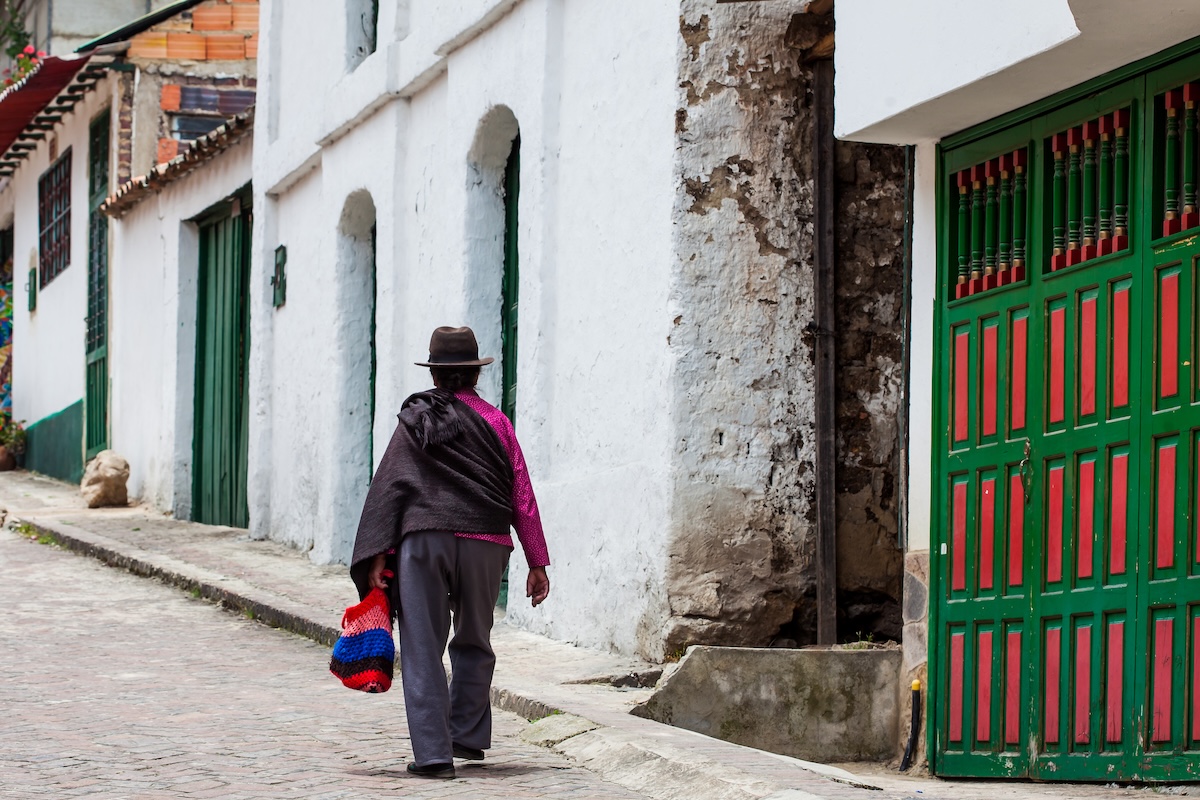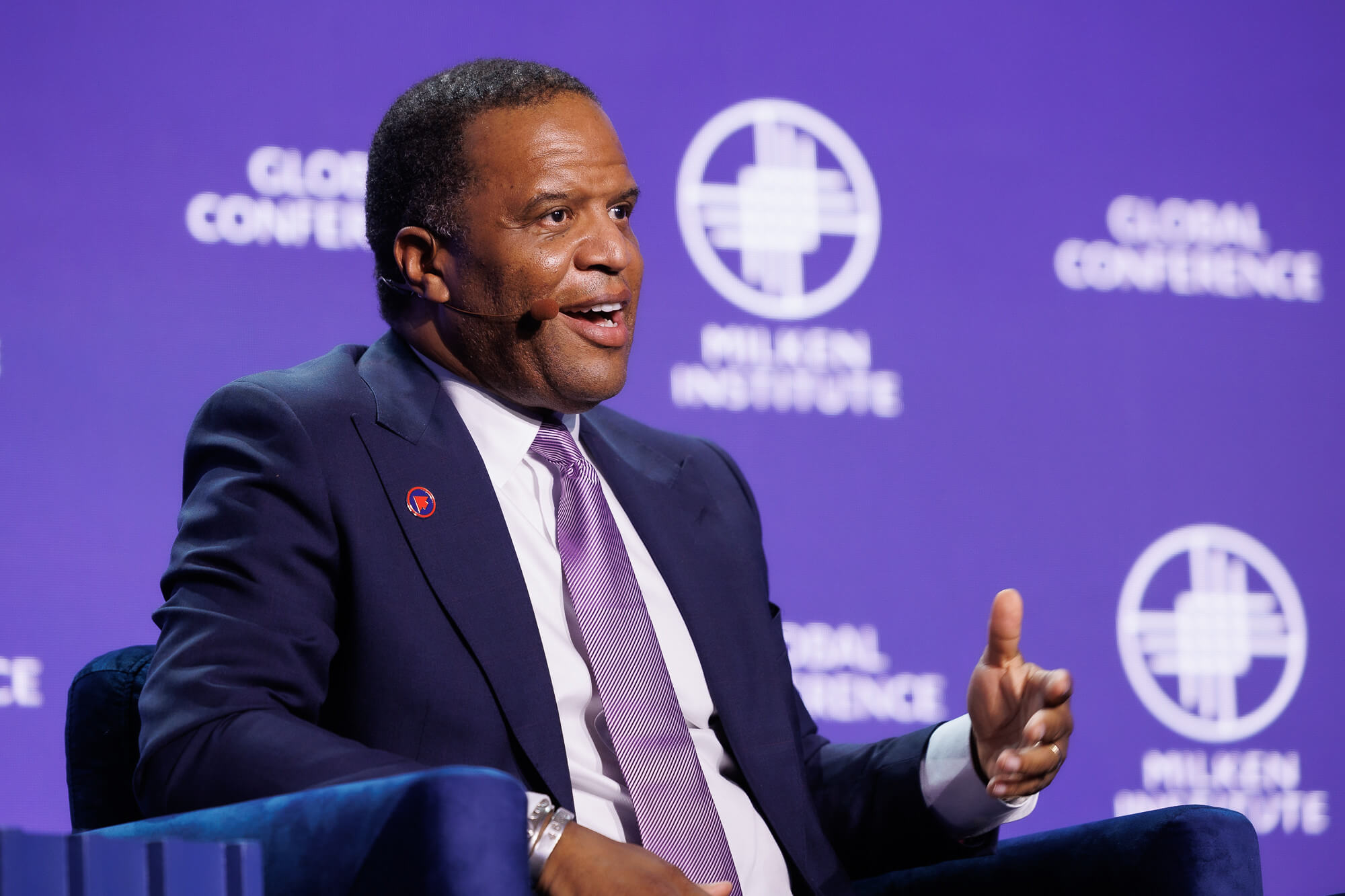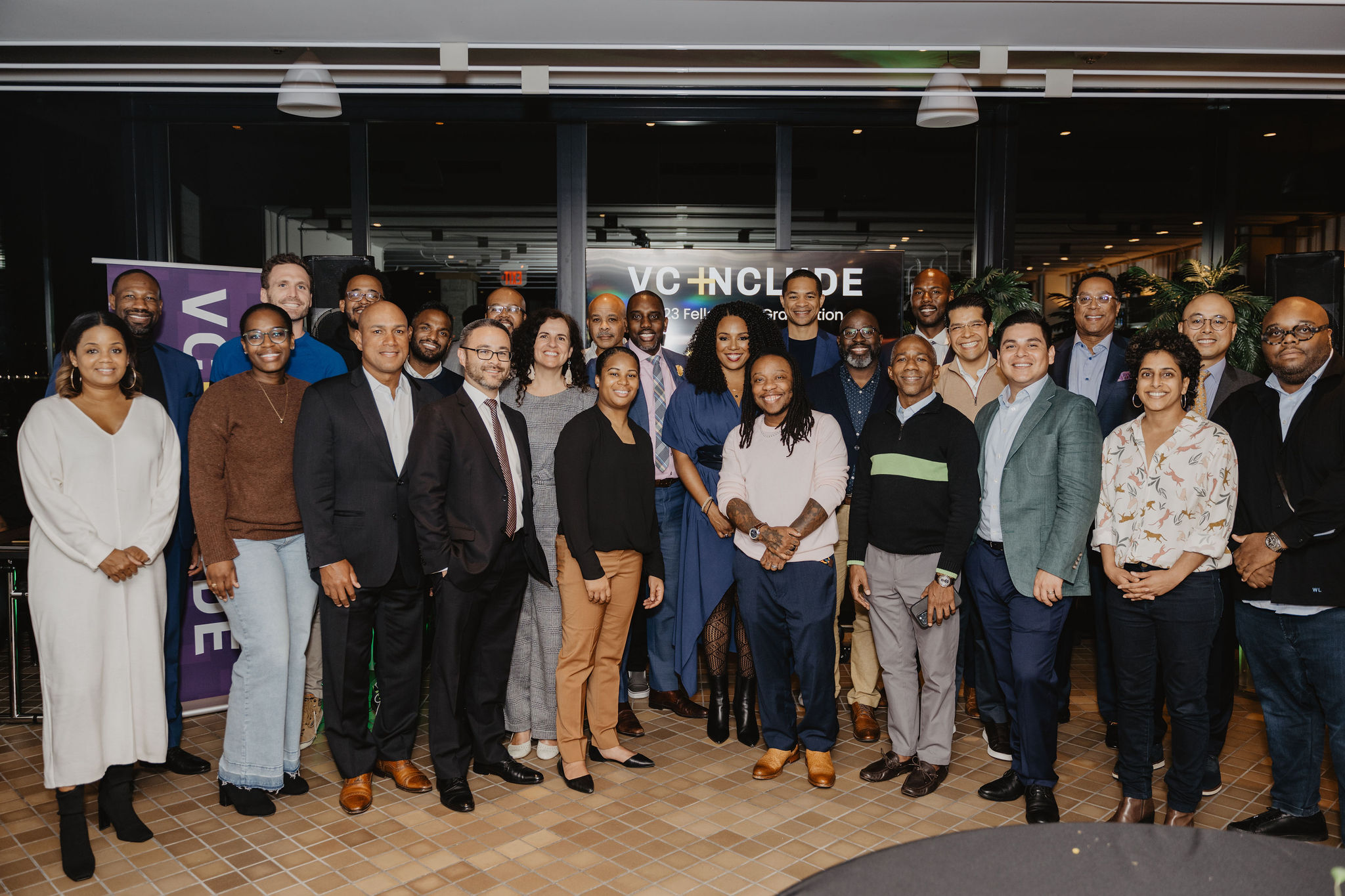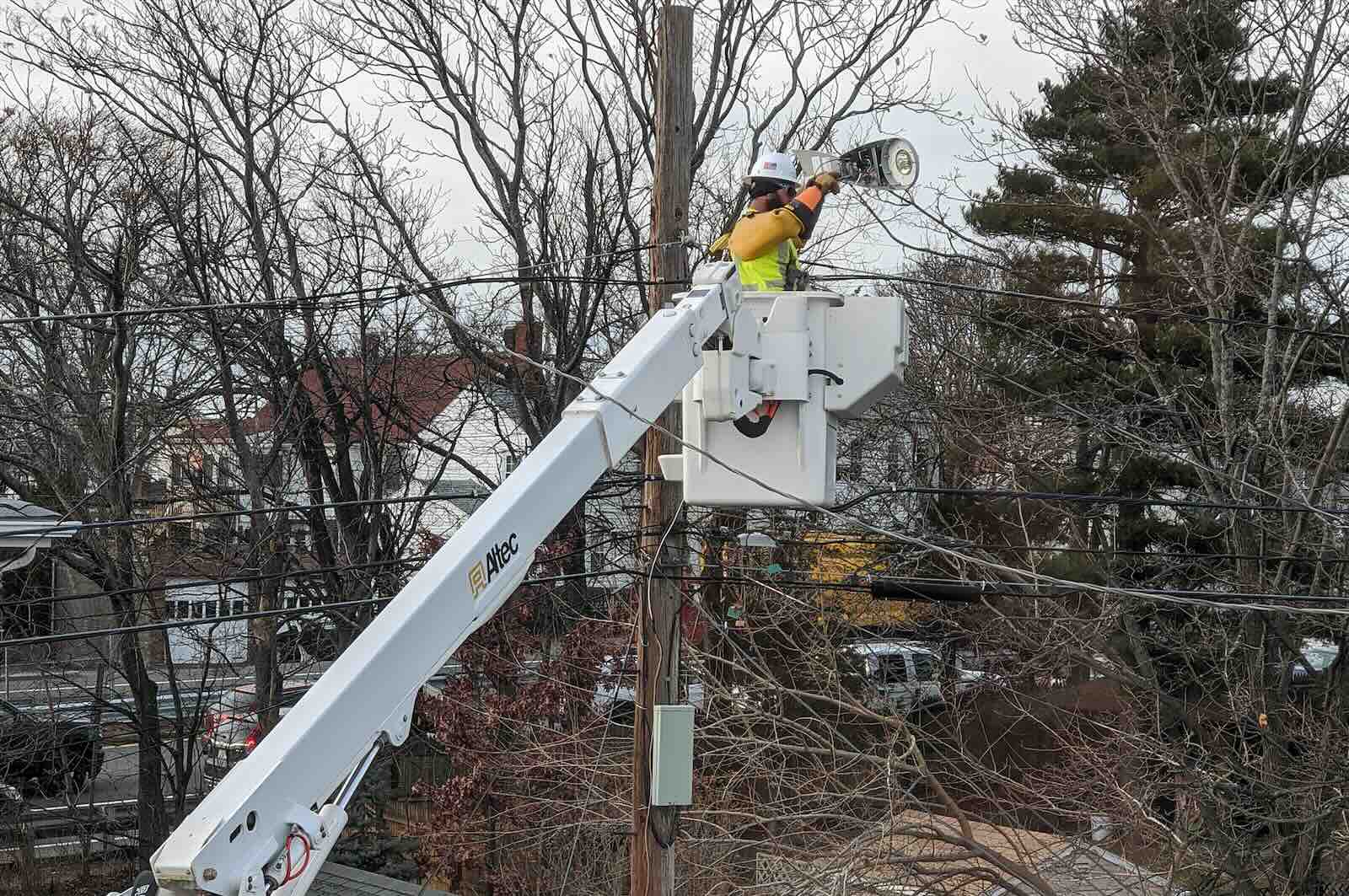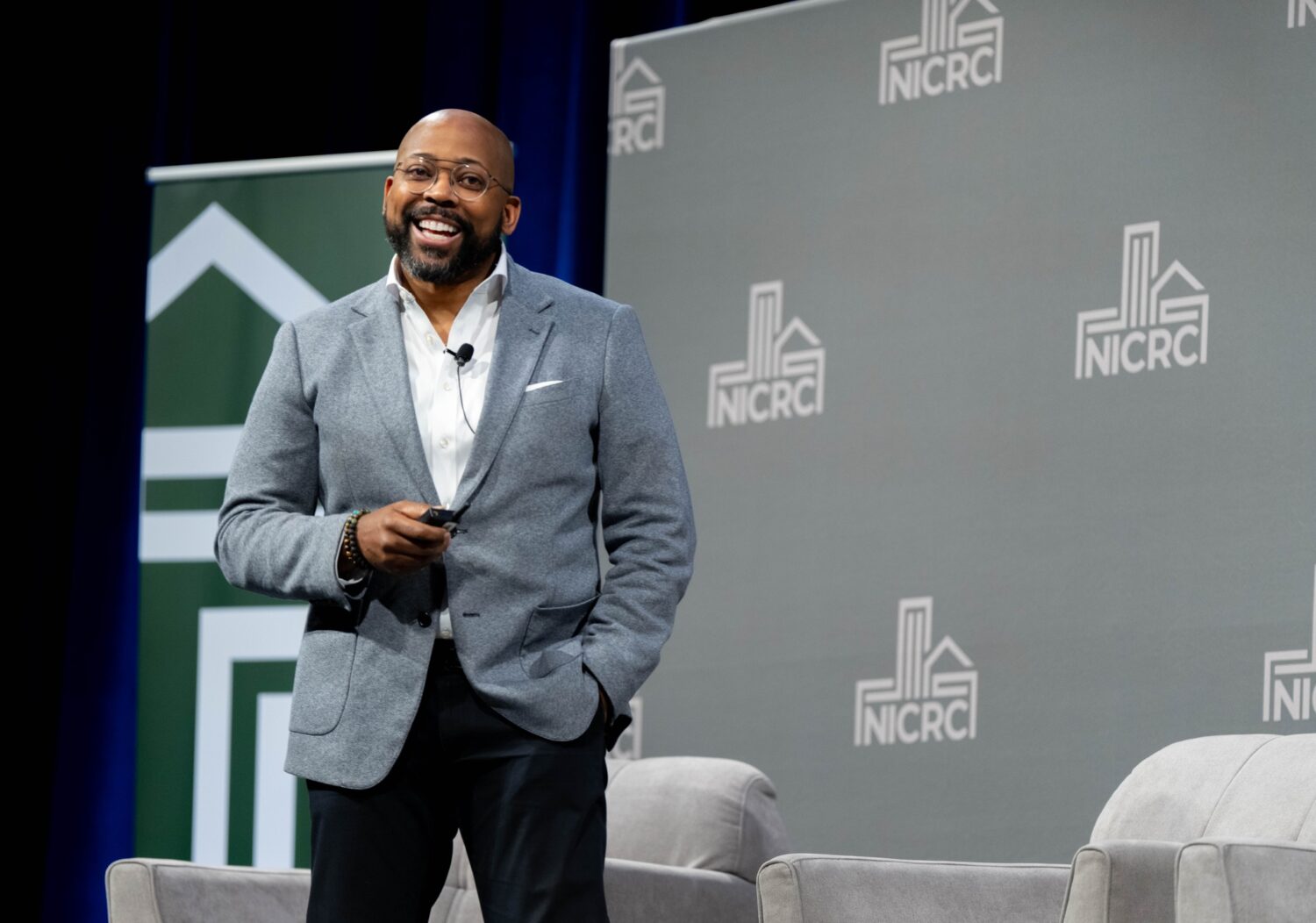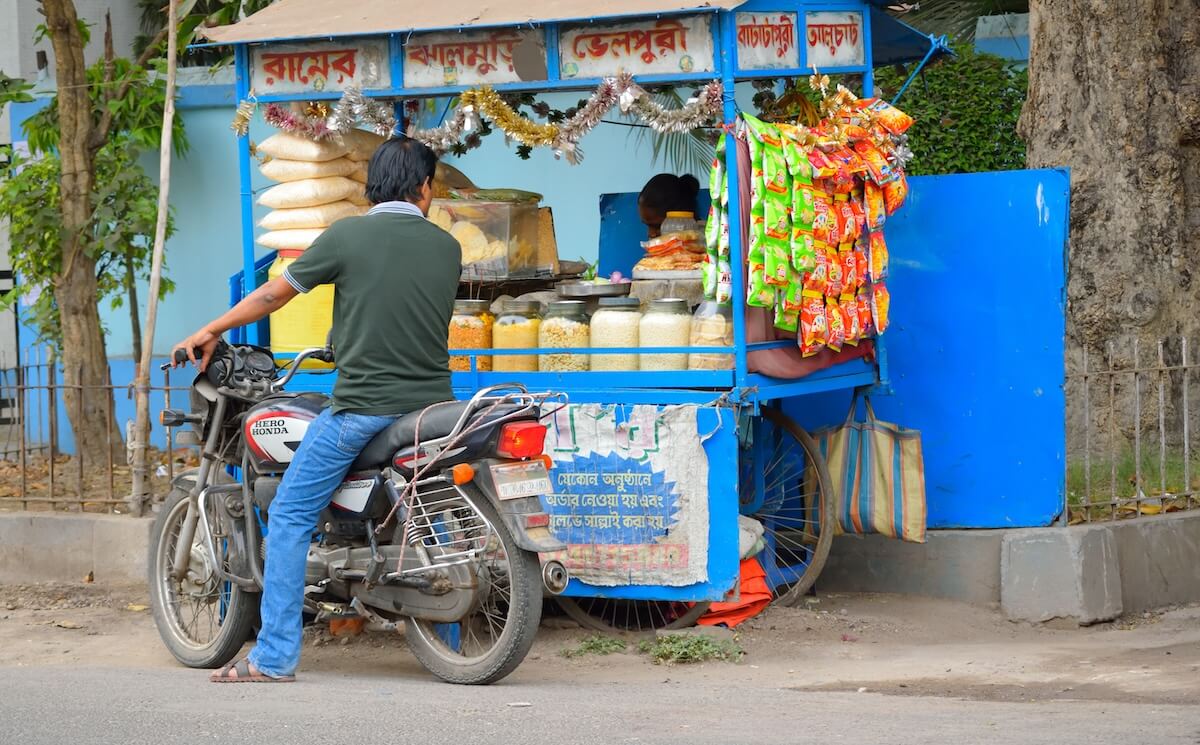Rural economic development is a complex issue, including in Colombia. Rural regions are often culturally diverse areas, but have limited access to quality education, services, infrastructure and connectivity. Many are isolated by physical geographic features and extreme conditions.
Those responsible for rural development initiatives also often mistake “rurality” as synonymous with agriculture, but that’s no longer always the case.
Fundación Bancolombia has since 2002 been addressing Colombia’s rural-urban divide by directing educational initiatives toward the country’s most remote areas. We later added on an entrepreneurship financing program called “Income Generation.” Fundación Bancolombia believes accelerating impact entrepreneurship offers a potent mechanism for devising innovative solutions to the complex challenges in rural areas.
It soon became evident that financial support for rural entrepreneurs was alone insufficient, so the foundation introduced “In-pactamos,” a platform aimed at supporting entrepreneurial leaders with social and/or environmental impact. This platform focuses on strengthening business acumen through knowledge-sharing and mentoring provided by executives and expert volunteers from the Bancolombia Group.
In the first two years of the initiative, approximately 90 businesses received support from 50 to 70 mentors per cycle.
In 2016, the foundation designated rural areas as the focal point for promoting sustainable development, aligning with Bancolombia Group’s unwavering commitment to Colombia’s domestic peace process and marginalized regions of the country. Pilots were implemented in Urabá, near the city of Medellin, to enhance commercial and productive practices, aiming to boost income levels and facilitate access to markets.
Entrepreneur acceleration
In 2019, we again evolved our rural entrepreneurship strategy, launching“En-Campo,” an initiative to identify, strengthen, and invest in projects and organizations supporting agribusiness and nature tourism. It targets early and growth-stage businesses.
Four cohorts of the En-Campo program have successfully completed; the fifth cohort, launched this quarter.
Over the four years of the program, we received 1,545 registrations. Of these, 312 businesses completed the preparation phase, 195 underwent specialized “strengthening,” 95 projects were launched, and 52 received investment readiness support to access funding. Out of these, 22 were financed via debt, convertible notes, or equity, and nine businesses are now part of our impact portfolio.
We have provided financing to businesses engaged in various sectors including local and international coffee, flower and sugar trade; coffee shops; agrotechnology; hospitality; Amazonian products for cosmetic production; ecotourism; healthy snacks; socio-emotional education; rural microfinance; renewable energy; aromatic plants production; and dairy.
Not all businesses arrive with the same level of preparation; some drop out, while others identify a need to refocus their business models. We have learned, with the support of partners such as Argidius and SVX, that payment schemes must be established to ensure commitment.
Additionally, we have observed that businesses with the potential to scale and make an impact often share characteristics such as the utilization of technology and strong leadership.
Need for rural development
Colombia has more than 12 million rural residents, making up 24% of the country’s population. Poverty in rural areas is 25%, compared to 12.1% nationally. Unemployment in rural areas exceeds urban areas, and has a greater disproportionate effect on women.
There is complexity in transforming rural areas by promoting and nurturing businesses instead of simply allocating resources to the regions. We opt to support early or growth-stage businesses as are often underserved. We believe business acceleration in rural areas is the most effective way to catalyze income generation.
Fundación Bancolombia is deeply committed, as is the Bancolombia Group, to promoting sustainable development for the well-being of all. By collaborating with various stakeholders, we strive to create opportunities for employment, thereby enhancing the income and well-being of the rural population, ensuring rural citizens lead dignified and peaceful lives while fostering the development of their local communities.
María Fernanda Díaz is the director of Fundación Bancolombia.

